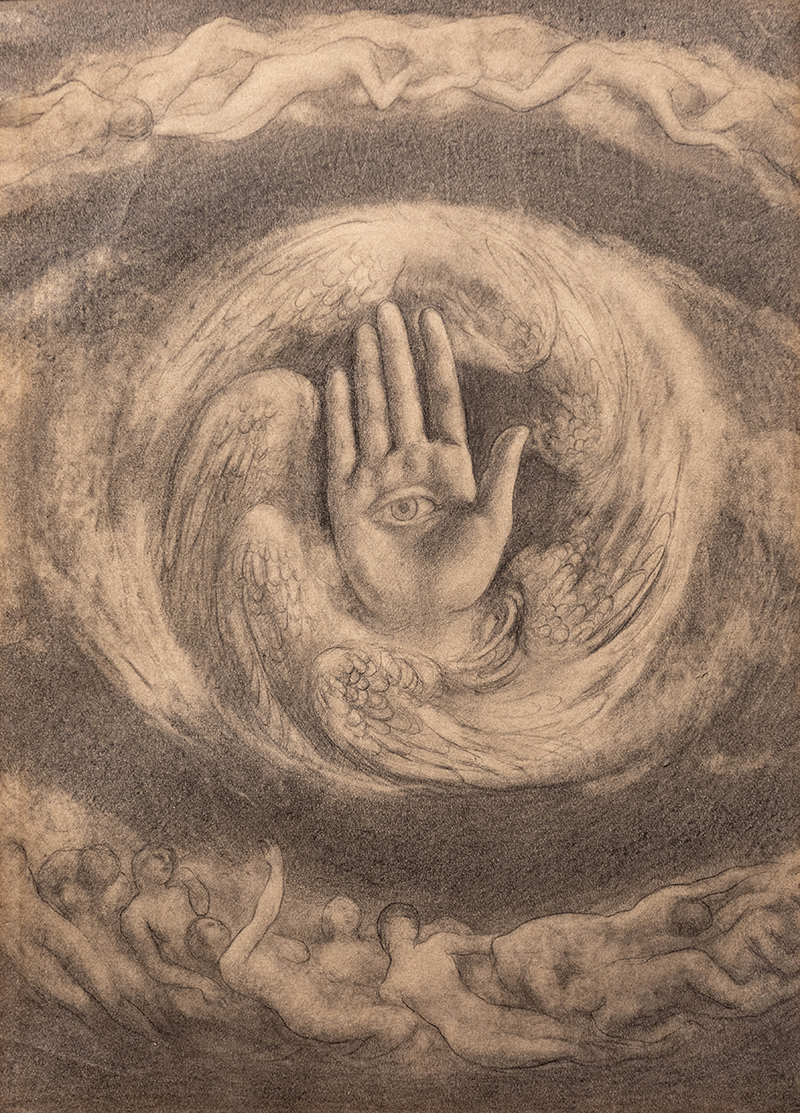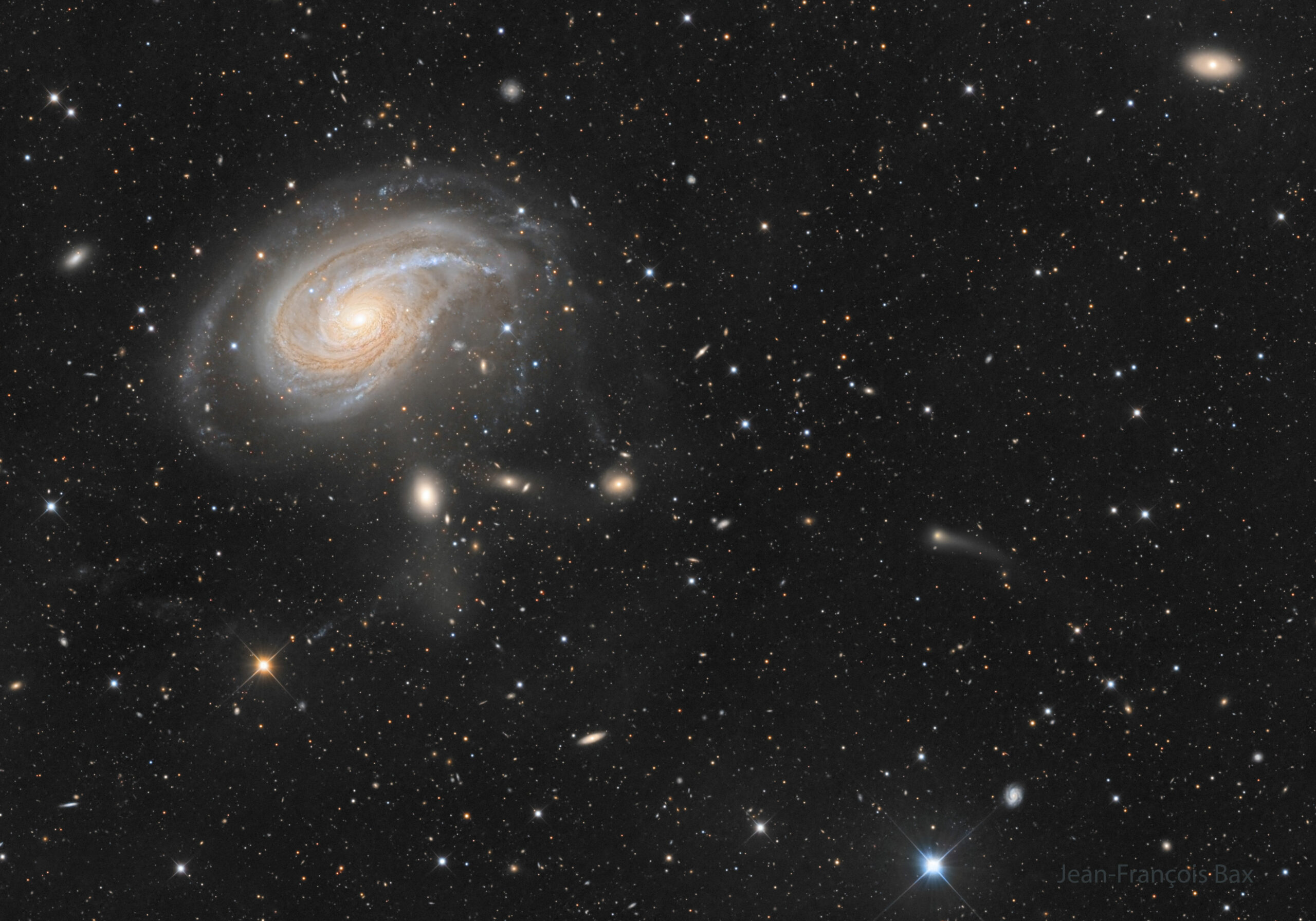Blog

Don Drummond (12 March 1934 – 6 May 1969) was a Jamaican ska trombonistand composer. He was one of the original members of The Skatalites, and composed many of their tunes. In 1966, Drummond was convicted of murdering his 23-year-old lover, Anita “Marguerita” Mahfood. On 2 January 1965, Drummond’s live-in lover, Anita “Marguerita” Mahfood, was found dead with four stab wounds to the chest. Drummond reported to the police that Mahfood had stabbed herself, but, in 1966, he was found guilty of her murder. Drummond was ruled criminally insane and imprisoned at Bellevue Asylum, Kingston, where he remained until his death four years later. The official cause of death was “natural causes”, possibly heart failure caused by malnutrition or improper medication, but other theories were put forward; some of his colleagues believed it was a government plot against the Kingston musical scene, and some believed that he was killed by gangsters as revenge for the murder of Mahfood.
more...The Fiddlehead spiral galaxy likely gets its distorted spiral appearance from a gravitational interaction with its close-by elliptical companion NGC 770, seen just below. Cataloged as NGC 772 and Arp 78, the Fiddlehead spans over 200,000 light years, is a nearby 100 million light years beyond the stars of our Milky Way galaxy, and is visible toward the constellation of the Ram (Aries). But in the featured image, the Fiddlehead appears to have another companion — one with a long and fuzzy tail: Comet 43P/Wolf-Harrington. Though the comet appears to be aimed straight at the massive galaxy, it is actually much closer to us, residing only light minutes away — well within our Solar System. The comet will never reach the distant spiral galaxy, nor is it physically related to it. By a fortunate trick of perspective, though, these two cosmic wonders briefly share the same frame taken late last year from Calern, France.

Leon Lee Dorsey (born March 12, 1958) is an American jazz bassist, composer, arranger, producer, and educator known for his well-received debut for Landmark Records. He teaches at the Berklee School of Music in Boston.
Raised by a family plugged into Pittsburgh’s jazz lineage, Dorsey began playing instruments at an early age. He picked up the piano and cello first, soon after joining the Pittsburgh Symphony at the famed Center for the Musically Talented.
He began his undergraduate studies at Oberlin College, where he was the first to receive a B.M in classical Double Bass and Jazz Performance. Dorsey also graduated from the Oberlin Conservatory and was one of several jazz luminaries at the opening of their new jazz facility, the Bertram and Judith Kohl building.
He released his debut album The Watcher in 1995 and followed it up with 1999’s Song of Songs. In 2003, he founded Leon Lee Dorsey Studios in New York City.
Dorsey has performed alongside many jazz icons, from Lionel Hampton, Art Blakey & the Jazz Messengers, Dizzy Gillespie, Wynton Marsalis, Freddie Hubbard, John Lewis, Kenny Clarke, Jon Hendricks, Gloria Lynn, Harry “Sweets” Edison, Dorothy Donegan, Stanley Turrentine, George Benson, Ellis Marsalis, Nnenna Freelon, Terumasa Hino to GRAMMY-winning vocalist Cassandra Wilson, performing with Frank Sinatra at Carnegie Hall, and with conducting legends Lukas Foss and Robert Fountain.
more...Thomas Augustine Arne (12 March 1710 – 5 March 1778) was an English composer. He is best known for his patriotic song “Rule, Britannia!” and the song “A-Hunting We Will Go“, the latter composed for a 1777 production of The Beggar’s Opera, which has since become popular as a folk song and a nursery rhyme. Arne was a leading British theatre composer of the 18th century, working at the West End‘s Drury Lane and Covent Garden. He wrote many operatic entertainments for the London theatres and pleasure gardens, as well as concertos, sinfonias, and sonatas.
more...James Vernon Taylor (born March 12, 1948) is an American singer-songwriter and guitarist. A six-time Grammy Award winner, he was inducted into the Rock and Roll Hall of Fame in 2000.
Taylor achieved his breakthrough in 1970 with the No. 3 single “Fire and Rain” and had his first No. 1 hit in 1971 with his recording of “You’ve Got a Friend“, written by Carole King in the same year. His 1976 Greatest Hits album was certified Diamond and has sold 11 million copies in the US alone, making it one of the best-selling albums in US history. Following his 1977 album JT, he has retained a large audience over the decades. Every album that he released from 1977 to 2007 sold over 1 million copies. He enjoyed a resurgence in chart performance during the late 1990s and 2000s, when he recorded some of his most-awarded work (including Hourglass, October Road, and Covers). He achieved his first number-one album in the US in 2015 with Before This World.
Taylor is also known for his covers, such as “How Sweet It Is (To Be Loved by You)” and “Handy Man“, as well as originals such as “Sweet Baby James“. He played the leading role in Monte Hellman‘s 1971 film Two-Lane Blacktop.
more...Alwin Lopez Jarreau (March 12, 1940 – February 12, 2017) was an American singer and songwriter. His 1981 album Breakin’ Away spent two years on the Billboard 200 and is considered one of the finest examples of the Los Angeles pop and R&B sound. The album won Jarreau the 1982 Grammy for Best Male Pop Vocal Performance. In all, he won ten Grammy Awards and was nominated 19 other times during his career.
Jarreau also sang the theme song of the 1980s television series Moonlighting and was among the performers on the 1985 charity song “We Are the World“. Jarreau was born in Milwaukee on March 12, 1940, the fifth of six children. His father Emile Alphonse Jarreau was a Seventh-day Adventist Church minister and singer, and his mother Pearl (Walker) Jarreau was a church pianist. Jarreau and his family sang together in church concerts and in benefits, and Jarreau and his mother performed at PTA meetings.
more...Many spiral galaxies have bars across their centers. Even our own Milky Way Galaxy is thought to have a modest central bar. Prominently barred spiral galaxy NGC 1672, featured here, was captured in spectacular detail in an image taken by the orbiting Hubble Space Telescope. Visible are dark filamentary dust lanes, young clusters of bright blue stars, red emission nebulas of glowing hydrogen gas, a long bright bar of stars across the center, and a bright active nucleus that likely houses a supermassive black hole. Light takes about 60 million years to reach us from NGC 1672, which spans about 75,000 light years across. NGC 1672, which appears toward the constellation of the Dolphinfish (Dorado), has been studied to find out how a spiral bar contributes to star formation in a galaxy’s central regions.

more...
Harvey “The Snake” Mandel (born March 11, 1945) is an American guitarist best known as a member of Canned Heat. He also played with Charlie Musselwhite and John Mayall as well as maintaining a solo career.
Mandel was born in Detroit, Michigan, and grew up in Morton Grove, Illinois, a suburb of Chicago.
more...Robert Keith McFerrin Jr. (born March 11, 1950) is an American singer, songwriter, and conductor. His vocal techniques include singing fluidly but with quick and considerable jumps in pitch—for example, sustaining a melody while also rapidly alternating with arpeggios and harmonies—as well as scat singing, polyphonic overtone singing, and improvisational vocal percussion. He performs and records regularly as an unaccompanied solo vocal artist. He has frequently collaborated with other artists from both the jazz and classical scenes.
McFerrin’s song “Don’t Worry, Be Happy” is the only acapella track to ever reach No. 1 in the US, which it reached in 1988 and additionally won Song of the Year and Record of the Year honors at the 1989 Grammy Awards. McFerrin has also worked in collaboration with jazz fusion instrumentalists including pianists Chick Corea (of Return to Forever), Herbie Hancock (of The Headhunters), and Joe Zawinul (of Weather Report), drummer Tony Williams, and cellist Yo-Yo Ma.
more...Astor Pantaleón Piazzolla (March 11, 1921 – July 4, 1992) was an Argentine tango composer, bandoneon player, and arranger. His works revolutionized the traditional tango into a new style termed nuevo tango, incorporating elements from jazz and classical music. A virtuoso bandoneonist, he regularly performed his own compositions with a variety of ensembles. In 1992, American music critic Stephen Holden described Piazzolla as “the world’s foremost composer of Tango music”.
more...Alex or Aleck Miller (originally Ford, possibly December 5, 1912 – May 24, 1965), known later in his career as Sonny Boy Williamson, was an American bluesharmonica player, singer and songwriter. He was an early and influential blues harp stylist who recorded successfully in the 1950s and 1960s. Miller used various names, including Rice Miller and Little Boy Blue, before calling himself Sonny Boy Williamson, which was also the name of a popular Chicago blues singer and harmonica player. To distinguish the two, Miller has been referred to as Sonny Boy Williamson II.
He first recorded with Elmore James on “Dust My Broom“. Some of his popular songs include “Don’t Start Me Talkin’“, “Help Me“, “Checkin’ Up on My Baby“, and “Bring It On Home“. He toured Europe with the American Folk Blues Festival and recorded with English rock musicians, including the Yardbirds and Animals. “Help Me” became a blues standard, and many blues and rock artists have recorded his songs.
more...This NASA/ESA Hubble Space Telescope Picture of the Week features a sparkling spiral galaxy paired with a prominent star, both in the constellation Virgo. While the galaxy and the star appear to be close to one another, even overlapping, they’re actually a great distance apart. The star, which is marked with four long diffraction spikes, is in our own galaxy. It’s just 7109 light-years away from Earth. The galaxy, which is named NGC 4900, lies about 45 million light-years from Earth.
This image combines data from two of Hubble’s instruments: the Advanced Camera for Surveys, which was installed in 2002 and is still in operation today, and the older Wide Field and Planetary Camera 2, which was in use from 1993 to 2009. The data used here were taken more than 20 years apart for two different observing programmes — a real testament to Hubble’s long scientific lifetime!
Both programmes aimed to understand the demise of massive stars. In one, researchers studied the sites of past supernovae, aiming to estimate the masses of the stars that exploded and investigate how supernovae interact with their surroundings. NGC 4900 was selected for study because it hosted a supernova named SN 1999br.
In the other programme, researchers laid the groundwork for studying future supernovae by collecting images of more than 150 nearby galaxies. After a supernova is detected in one of these galaxies, researchers can examine these images, searching for a star at the location of the supernova. Identifying a supernova progenitor star in pre-explosion images gives valuable information about how, when and why supernovae occur.
[Image Description: A spiral galaxy seen face-on. Broken spiral arms made of blue patches of stars and thin strands of dark dust swirl around the galaxy’s centre, forming a broad, circular disc. An extended circular halo surrounds the disc. The centre is a brightly-glowing, stubby bar-shaped area in a pale yellow colour. A bright star in our own galaxy, with long cross-shaped diffraction spikes, is visible atop the distant galaxy.]

More Posts
- West Coast Jazz
- Point Dume State Beach Malibu, CA
- The Cosmos with the Moon
- Larry Coryell Day
- Leon Russell Day
- Marvin Gaye Day
- Booker Little Day
- World Music with Noura Mint Seymali
- Daily Roots with Freddie McGreggor
- HARLAND SNODGRASS MEMORIAL
- EMERGENCY ALIEN ALERT!
- The Cosmos with IC 342
- Gil Scott-Heron Day
- Jimmy Cliff Day
- Duke Jordan Day
- World Music with Hamza Akram Qawwal & Brothers
- Daily Roots with Marcia Griffiths
- The Cosmos with Markarian’s Chain
- Freddie Green Day
- Etta Baker Day


